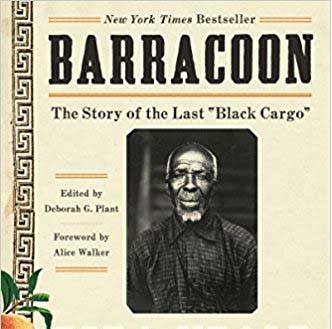House of Lords to debate religious animal slaughter
The House of Lords will today debate the ethical, legal and religious factors that influence the way animals are slaughtered in the UK. Ahead of the debate, the RSPCA, British Veterinary Association (BVA) and the Humane Slaughter Association (HSA) have issued a joint statement calling for all animals to be effectively stunned before being slaughtered. Current animal welfare legislation requires the stunning of animals prior to slaughter, with exemptions for ritual slaughter in order to meet Muslim halal and Jewish kosher requirements. (National Secular Society)
Immigration detention centre castigated over death of elderly man
A report by the Chief Inspector of Prisons has condemned the Harmondsworth immigration removal centre at Heathrow over the death of a terminally ill Canadian man in its custody. The 84 year old, who suffered from dementia, died after being in handcuffs for almost five hours. Inspectors said the death was one of a number of condemned "shocking cases where a sense of humanity was lost" at the detention centre. (Guardian)
Former banking regulator to lead Church of England taskforce on payday lenders
The former head of the Financial Services Authority Sir Hector Sants, who has also worked as head of compliance at Barclays, is being lined up by the Archbishop of Canterbury Justin Welby to lead a new financial taskforce aimed at driving payday lenders such as Wonga out of business. The Church, which last year was revealed to have an £80,000 stake in Wonga, is seeking to undermine payday lenders by offering a less risky alternative source of credit for consumers. (Telegraph)
Kangaroo in 400-year-old manuscript could change Australian history
A Portuguese manuscript dating from around 1580-1620 appears to show a small kangaroo within one of the letters of the text, something researchers believe could alter our understanding of the history European engagement with Australia. If the image is indeed a kangaroo, it could indicate that Portuguese explorers had been in Australia before the Dutch navigator Willem Janszoon, who is believed to have made the first European landing in 1606. However, some believe that the image could depict an animal from south-east Asia, or that the manuscript dates from after Janszoon's landing. (Telegraph)
Science enters $1,000 genome era
US genetics company Illumina has announced that it is now able to sequence a human genome for just $1,000. The company has released a new sequencing machine that can deliver up to five genomes in one day. Each machine costs $1m. (BBC News)

